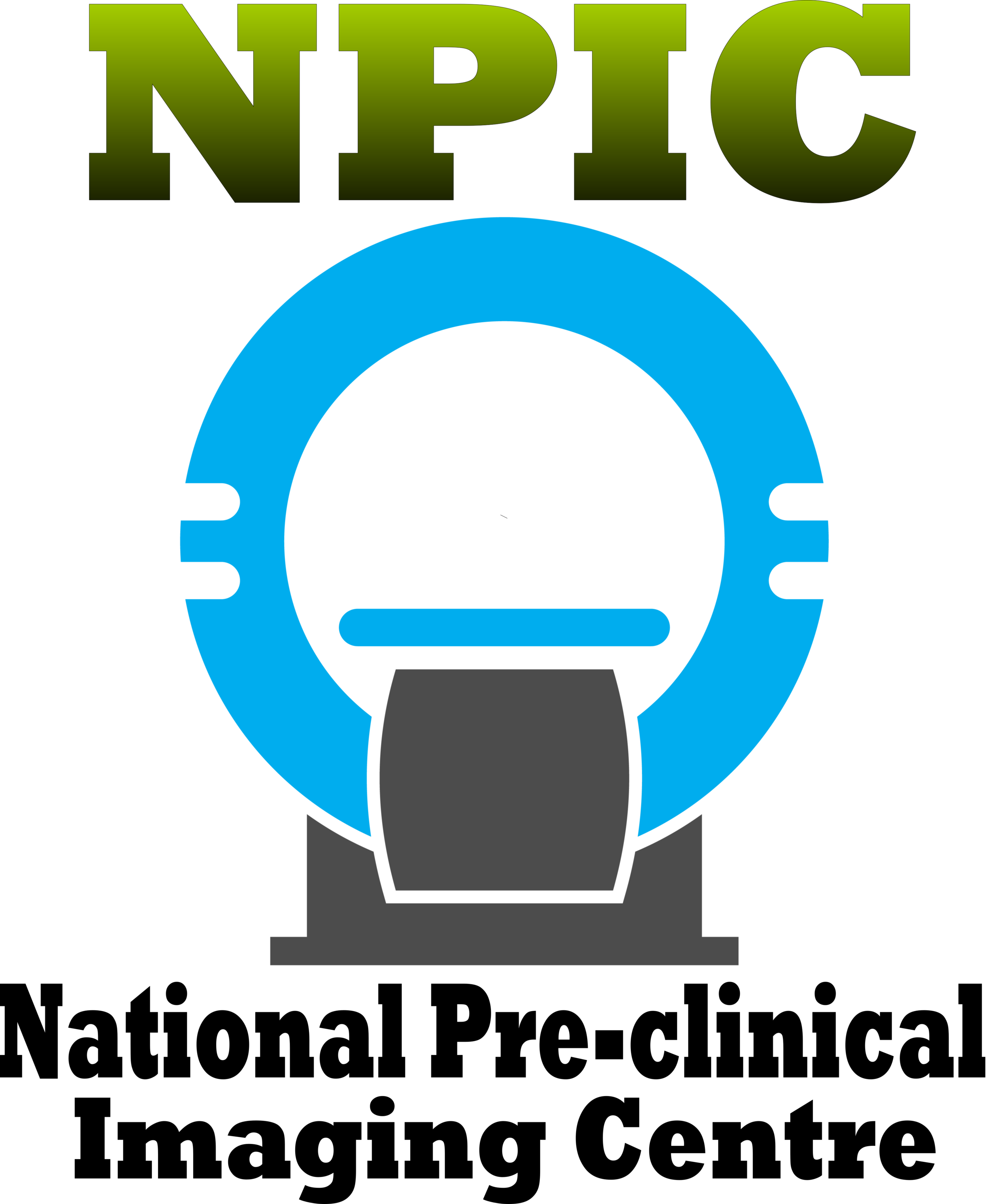THe UCD node of NPIC is scheduled to be fully operational in Q3 2023, and will allow High Field Magnetic resonance imaging, magnetic resonance spectroscopy and optical imaging
High Field Magnetic Resonance Imaging and Magnetic Resonance Spectroscopy
A Bruker BioSpec 94/20 USR is due to be installed in 2023 in UCD and will be the only 9.4T MR scanner available to the Irish research community. It is a multipurpose high field MR scanner for magnetic resonance imaging (MRI) and magnetic resonance spectroscopy (MRS) with a range of coils.
Bruker BioSpec 94/20 USR Details
9.4 Tesla, 20 cm Bore USR (Ultra shielded and Refrigerated) Magnet
Transmit/Receive Volume Coil for Mice and Rats - 86 mm
Rat Head / Mouse Body Volume Coil - 40 mm
Mouse Brain Array Coil – 4 Channels
Mouse Brain Array Coil for Opto-Genetical Applications – 3 Channels
Multi-Purpose Planar Surface Coils
High Power Gradient Amplifier Upgrade
Parallel Receiver Upgrade: 1 → 4 Channels
ParaVision® 360 MRI Comprehensive Workplace
9.4T Bruker MR
MRI diffusion tensor imaging reveals white matter changes in the brain across genotypes. Image courtesy of Dr Jeffrey Glennon, UCD Conway Institute
Optical Imaging - Bioluminescence and Fluorescence imaging
The IVIS Spectrum CT is a bioluminescence and fluorescence optical system for in vivo and ex vivo imaging. The magnitude of the optical signal allows for longitudinal, non-invasive assessment of targets of interest via expression of a bioluminescent/fluorescent reporter gene or administration of a fluorescent probe. A wide range of commercially available targeted fluorescent probes facilitate in vivo imaging of angiogenesis, perfusion, inflammation, apoptosis and bone turnover. In addition, fluorescent in vivo imaging agents have been designed that activate florescence in the presence of various disease-associated proteases, e.g. metalloproteinases and cathepsin. Furthermore, dyes for labelling peptides, proteins, nanoparticles and antibodies are available.
Accordingly, the applications afforded by this system are truly diverse & cover the key therapeutic areas such as cancer, cardiovascular disease, & inflammation as well as for novel drug evaluation studies in these therapeutic domains.
IVIS Spectrum CT
IVIS Spectrum CT Equipment Details
Optical imaging is a relatively high-throughput technique compared with other in vivo imaging modalities, and up to 40 animals can be imaged per hour (5 simultaneously).
The IVIS Spectrum is a high through put, high sensitivity, low noise, optical imaging system with bioluminescence and fluorescence capabilities that includes:
Cooled CCD camera (-90° C) mounted on a light-tight imaging chamber, cooling to -90° C facilitate very low level light imaging
Integrated anaesthesia unit and a large field of allow 5 animals to be imaged simultaneously
Broad range of excitation filters (10 excitation filters from 430nm to 745nm) and emission filters (18 emission filter from 500nm to 840nm)
Broad band Fluorescence excitation Light Source
Computer Control System
High through put up to 40 animals per hour depending on protocol





